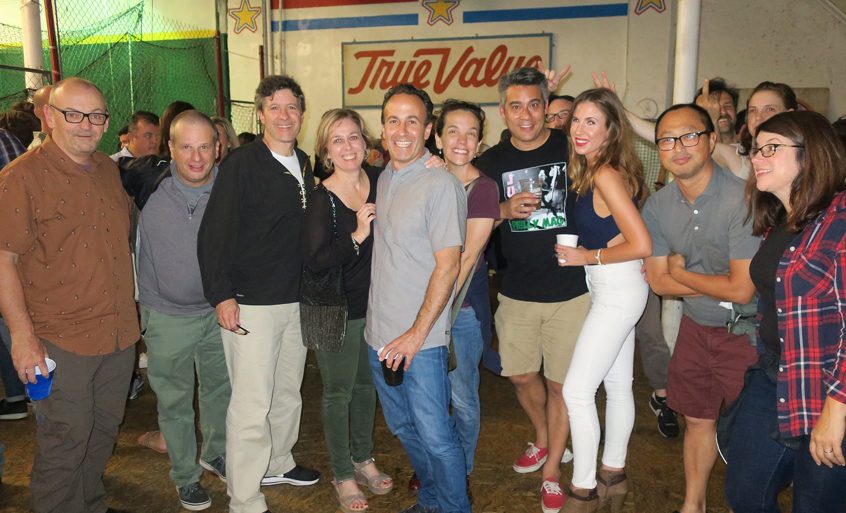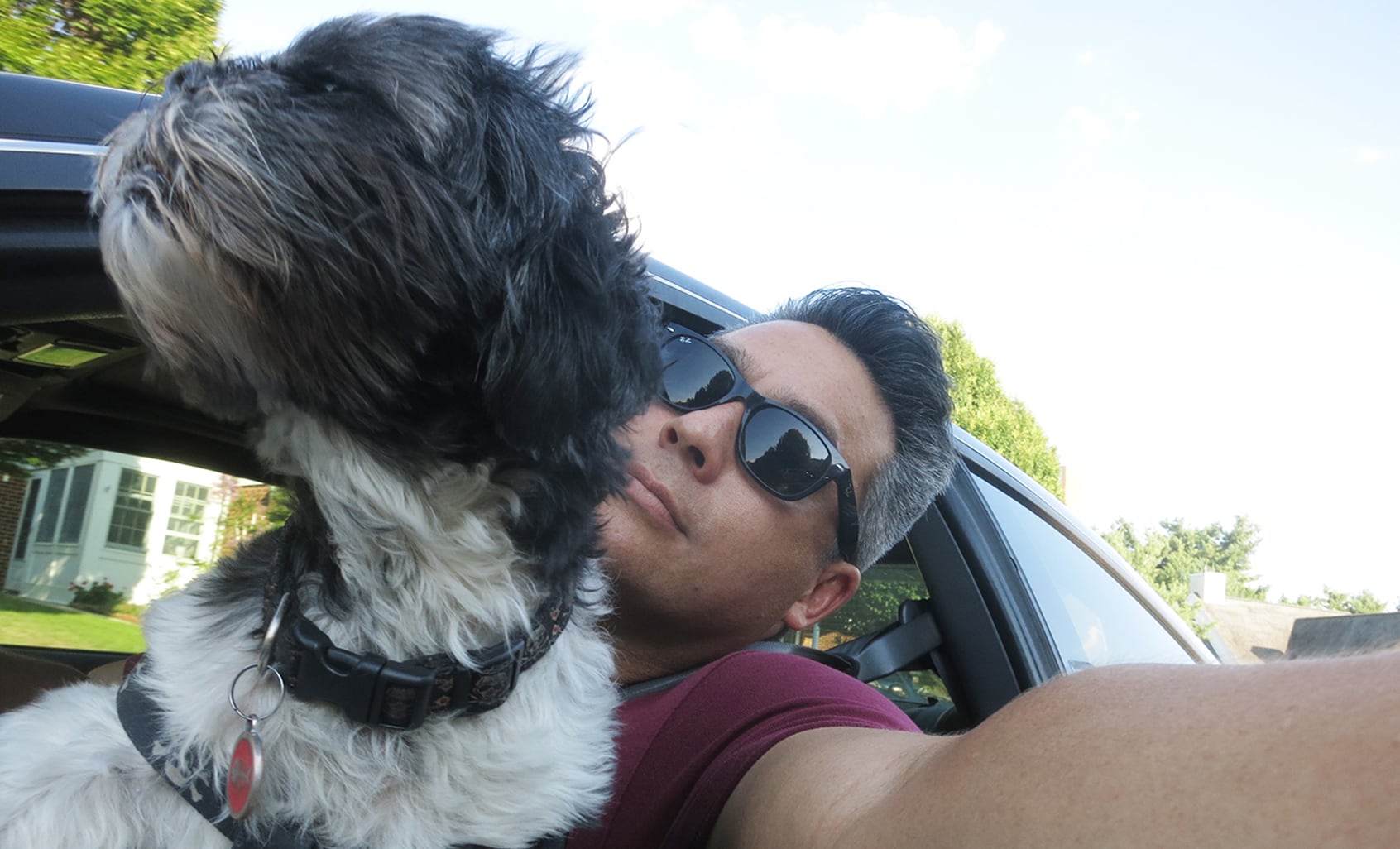In this monthly column, George Miller, TUJ’s Associate Dean for Academic Affairs (ADAA), shares what’s going on at Temple University, Japan Campus (TUJ) and with his new life in Tokyo. For this edition, he writes about finding comfort in being out of his comfort zone.
A student walked into my office a few weeks ago, sat on my couch, and proceeded to stare at the floor.
I gave him a moment and then started asking questions.
“How’s school going?”
He mumbled a few things without making eye contact. Holding a conversation was difficult at first.
Finally, I made a joke about school, trying to loosen the mood. I don’t remember what I said, but I’m sure it was super corny – intentionally, of course. Eventually, he opened up.
He was having trouble in classes, and he was spending way too much time in his apartment, alone. He hadn’t really taken advantage of his time in Tokyo, he lamented, and he had no friends at TUJ.
He said he didn’t seem to be fitting in.
“Yeah, I don’t really fit in anywhere,” I told him. “Never have. And look at me – I’m the associate dean.”
It was meant to be funny but it’s actually quite true.
I’ve never had a social identity, a group to claim – racial, religious, ethnic, political or anything else. When I sign official documents, I generally check the box labeled “other.”
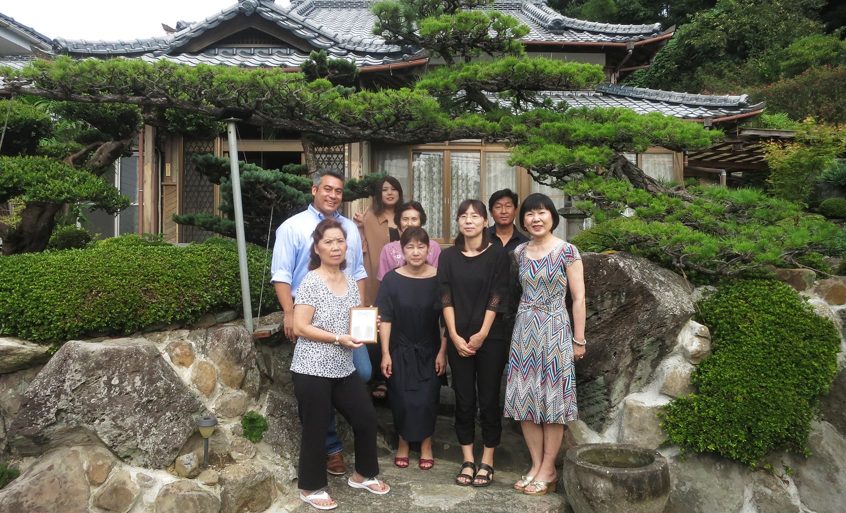
I’m half Japanese and half white guy from Chester, Pennsylvania. When I was a kid, my mother waited tables and my father sold cars, which left me at home alone with my imagination. I was an only child who spent way too much time reading books and eating Doritos.
While I’ve always had close friends, belonging to a group or following the crowd was never a big part of my existence. I never had the desire to fit in, nor cared much about how others perceived me. The most critical person I knew lived in my head.
Not fitting in is actually my comfort zone.
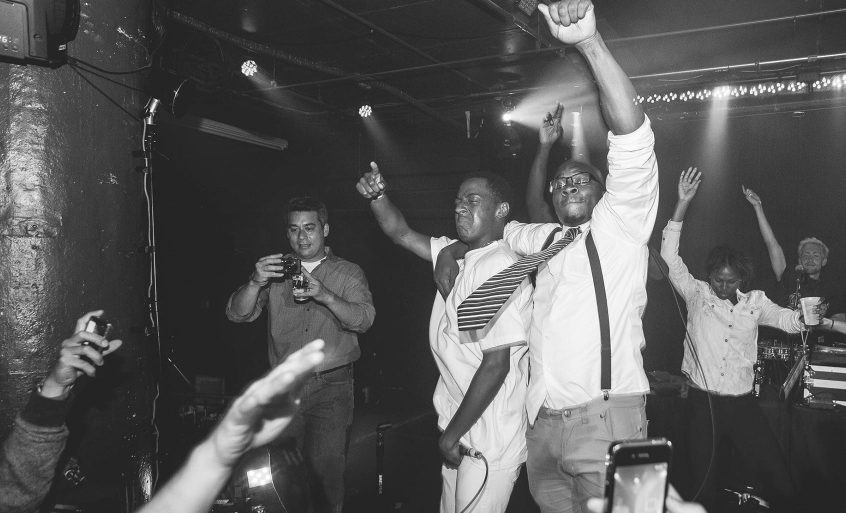
For the past seven years, I published an all-local print music magazine in Philadelphia called JUMP. I often found myself out of place. I was frequently the only non-African American person at some concerts, and I was almost always the oldest person at every show.
One time, while I was at a music conference in Colorado, surrounded by tastemakers from across the United States, a large, tattooed, bearded guy who runs a music venue in Texas expressed surprise that I was in attendance. When I asked why, he said, “You have Republican hair.”
Two years ago, I attended the making of a music video for a friend’s band. The band set up in the front room of an old West Philly Victorian rowhouse. I stood in the back at first and watched as everything unfolded. But I wanted a better view, so I walked halfway up the stairs, so I could see from above.
As I stood there, watching the crowd below me moshing, a person bumped into me and said, “Are you supposed to be here?”
I guess a middle-aged guy in a buttoned-down shirt at a punk show may seem odd, but I was enjoying myself too much to care or respond. I eventually walked back down the steps as the band chanted my name, and I lunged into the pit. It was a blast.
I’ve held many positions over the years – photojournalist, news reporter, columnist, publisher, teacher, assistant chair, etc. – and people generally remember me for whatever reason it was they met me. To some, I’ll always be that photo guy, or the JUMP guy.
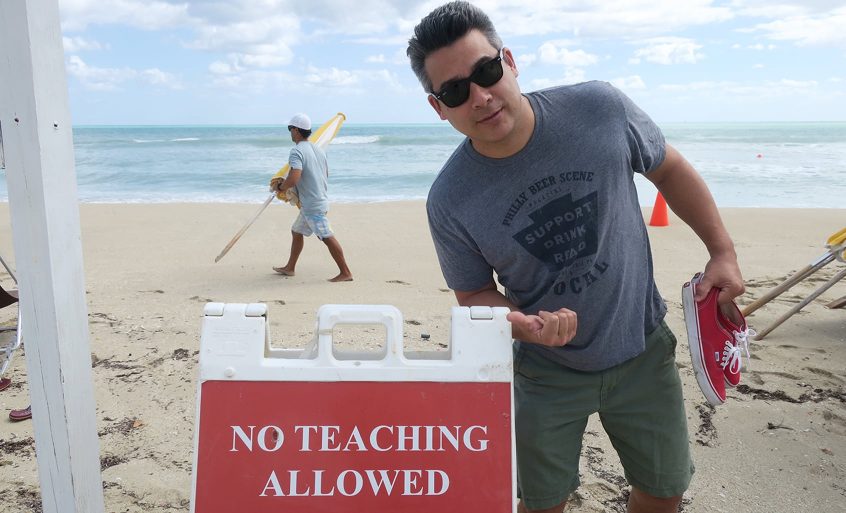
Most people think of me in terms of three things: Philadelphia, journalism and Mookie. And right now, I live in Tokyo. I currently don’t create journalism. And Mookie, my 16-year-old shih-tzu, is still in Philly, as the journey to Tokyo might be too much for his little old heart.
Aside from never having been a part of something larger, I’m now starting a new life and identity from scratch.
So, when the student began talking about not fitting in, I got it.
We talked for an hour or so, only making eye contact a few times. We came to no conclusions, and I really had no definitive advice for how to overcome the loneliness, how to combat the feeling of being on the outside or how to succeed in school under these circumstances.
But it was a productive conversation. I explained that some people make life look easy, and we may not even realize what things they are dealing with. We talked about finding happiness in ourselves, and not trying to mold ourselves into other people’s expectations.
And I told him to get his work done. His biggest obstacle is himself. He shouldn’t paint himself into a corner.
When I finally made it home, I told my girlfriend about the experience.
“Why did he come to you?” she asked. “It’s not really your job to be a counselor, right?”
It was a valid question, with no malicious intent. She just recognized a pattern.
“Why do these people always find you?” she continued, noting that on main campus, I was a magnet for people battling a variety of issues.
“I don’t know,” I replied. “I guess I just sympathize with them.”
Maybe I do fit in somewhere.
